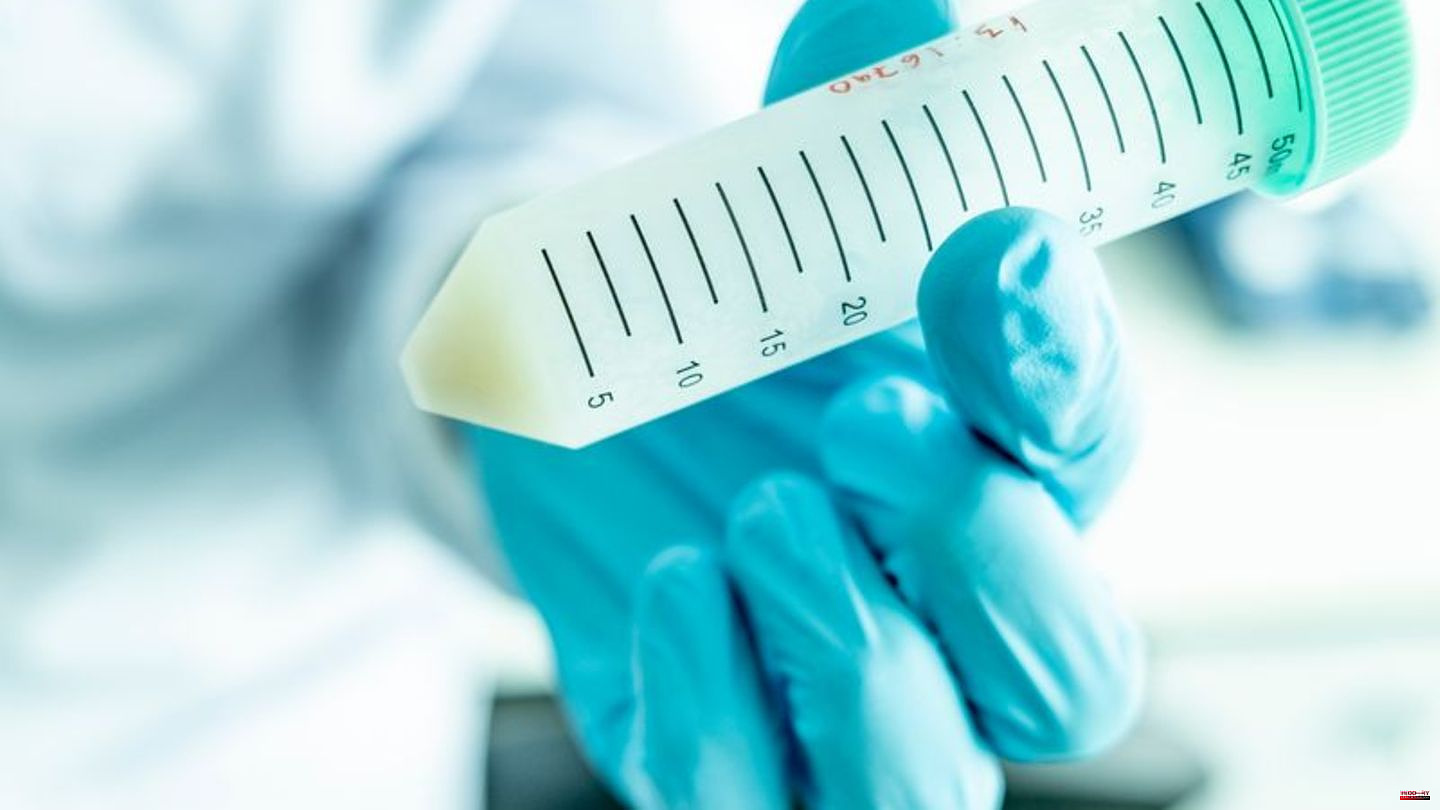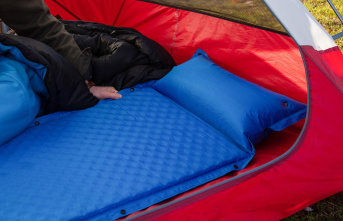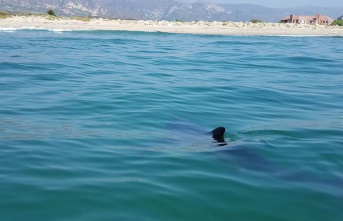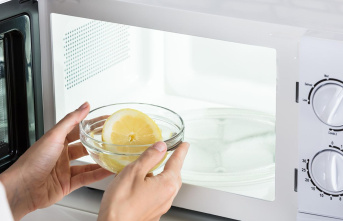Fish fingers grown in the lab from fish cells are set to end up on consumers' plates soon, according to start-up company Bluu Seafood. The products had reached market maturity, now they went into the approval process, said the Vice President of Bluu Seafood, Hans-Georg Höllerer. The company's first farmed fish products could be available in Europe in early 2025.
"We take stem cells from the tissue of living trout or salmon and let them mature into muscle cells in a nutrient solution," says Höllerer. These would then be anchored in a bioreactor on a collagen or polysaccharide scaffold. "This creates a structure of muscle fibers that can be enriched with plant proteins and formed into fishballs or fishsticks," he said.
According to the company, the cells for this are obtained through a biopsy, i.e. a tissue removal from live or freshly slaughtered fish. "This is a one-time event," emphasized Höllerer. 'Because we are creating what is called an immortalized (immortal) cell line, the cells can grow and divide indefinitely. This allows us to make any number of products without having to kill new fish,' he explained. In addition, in contrast to wild-caught fish or fish from fish farms, the cultivated fish is free of microplastics, medicines or heavy metals.
It is currently still being produced on a laboratory scale
The company was founded in 2021 as a spin-off from the Fraunhofer Development Center for Marine and Cellular Biotechnology (EMB) in Lübeck. The center has been researching the cultivation of food on a cell basis for years, said the head of the facility, Charli Kruse. "We developed the first patent for meat-like cell-based foods here back in 2004," he said. "The cultivation of fish cells is no more difficult than that of mammalian cells. There is just more experience with them," said Kruse.
Production is currently still on a laboratory scale, said the founder and managing director of Bluu Seafood, Sebastian Rakers. "But we probably want to build a production facility in Hamburg by the end of 2022 in which several hundred kilograms of biomass can be cultivated per month," he said.
Processes are currently being optimized in order to reduce production costs. "At the moment, the production of one kilogram of biomass still costs around 100 euros, around half of which is used for the growth solution for the cells," said Rakers. "We want to reduce these costs to around one euro per kilo over the next five years."
First approval probably in Singapore
The company expects the first products to be approved and launched from 2023. That will probably be the case first in Singapore, because the approval process there is already most clearly defined, said Höllerer. "In addition, we will also seek approval in the US, UK and EU," he said. Other companies, for example in the USA or Asia, are also working on the development of cell-based fish and seafood products.
The fisheries biologist Rainer Froese from the Kiel Helmholtz Center for Ocean Research Geomar, on the other hand, doesn't think much of cell-based fish farming. "Nature has already allowed wild fish to grow completely free of charge, which we only have to harvest sustainably," he said. It would be sustainable to catch about 20 percent of the existing wild fish quantity per year. Currently, however, 40 to 60 percent are being fished out, he said.
In a study published in the journal "Marine Policy" in 2018, Froese and his colleagues from the Geomar Institute came to the conclusion that more than 5 million tons more could be caught per year if fished sustainably in Europe. "I think cell-based fish will remain a niche product, you certainly can't feed the world with it," said Froese.












